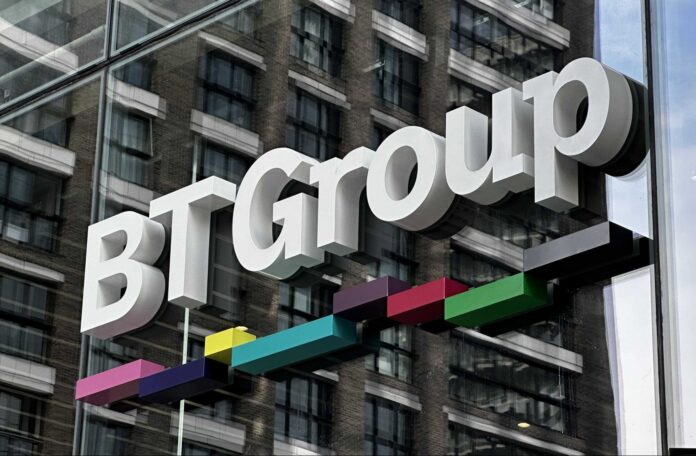UK watchdog reports on how detached BT and its wholesale broadband operator are; the omens for BT Business are not good
The UK telecoms regulator, Ofcom, has just published its latest monitoring report on Openreach’s independence from its parent, BT.
In it, Ofcom lays out its views on whether actions or decisions by Openreach risk distort competition and harm the market. It makes the point that BT’s competition-related obligations and attitude towards those obligations are driven from the top of the organisation.
Consequently, the regulator takes a dim view of Group CEO Philip Jansen’s comments in a Financial Times’ article [subscription needed] in February. He was quoted saying, that Openreach’s aggressive fibre build-out will “end in tears” for rivals. Ofcom’s new monitoring report stated, “We would be extremely concerned to see similar comments in future and will be keeping this under close review”.
Blatant bigging up
There is no doubt they need a boost: since Jansen assumed the role on 1 February 2019, BT’s share price has dropped further, from 230 pence to 124.25 pence at the time of writing this, that is by more than 40%. But the timing was even more flagrant given that Openreach’s revised Equinox 2 pricing offer was under review by the regulator.
The proposed pricing had been severely criticised by a number of altnets, with CityFibre the most vocal, on the grounds it totally undermined their business case and investment. A case of kick your rivals while their down*. Ofcom delayed its decision on Equinox 2 in the wake of Jansen’s comments but still waved the pricing through in May.
You have to think that if Jansen’s comments had occurred about the US market, the Securities and Exchange Commission would have been all over that as a blatant attempt to up BT’s own share price while damaging those of its rivals*.
Another pointless investigation?
Now it turns out that Openreach has not lived up to its end of the bargain after Ofcom waved Equinox 2 through. Ofcom said Openreach had just “informed us that for the 2022-23 financial year it did not achieve some of the quality-of-service standards set by Ofcom”.
So the regulator has opened an investigation into Openreach’s performance and will publish updates “in due course”. No doubt another slap on the wrist will be administered.
Today UK Investor magazine stated, “BT has produced little or no top-line growth over the past five years and isn’t offering much in the way of a plan to do so”. It added, “Openreach is an attractive business with an undeniable MOAT. The fibre rollout has been a capital-intensive undertaking that will reward shareholders in the future.”
End of the local loop
Just before we get too carried away though, Openreach will have another major, long term project to deal with as its fibre build-out nears completion in 2030 – closing down about 4,600 local exchange over the next decade in consultation with wholesale customers, like Sky, TalkTalk and Vodafone, that rely on BT infrastructure to provide their customers with fixed line services.
The local exchanges will be replaced by about 1,000 Openreach handover points. This will mean the migration of millions of services while safeguarding vulnerable customers. Openreach will start by closing just 130 exchanges – typically those with the highest running costs – by the end of 2030,. You can read more about it in this blog by Richard Allwood, Chief Strategy Officer at BT
Gestalt in reverse?
The idea of combining BT’s Global and Enterprise divisions, announced last December, was to create a stronger single one which came into being on 1 April. It’s fair to say the omens aren’t good according to the latest financial report.
Again quoting UK Investor today:
“The company has undergone a makeover of their Enterprise and Global Customer Facing Units (CFUs) to paper over the cracks. Combining the Enterprise and Global units to form BT Business joins two underperforming units into one new unit that will share costs to achieve higher efficiencies.
“This is arguably an evasive manoeuvre likely made to avoid disappointing performance in the coming periods. The combined revenue for the Global and Business units fell in the 2023 full year. There is little prospect for significant top-line growth and the best BT can do is chip away at costs.
“BT Business operates in an increasingly competitive landscape and lacks any clear competitive advantage. The same goes for their Consumer business, where adjusted revenues fell from £9,775m in 2022 to £9,680m, although adjusted EBITDA for the segment rose by around 50%.”
*Jansen’s apparent second, horribly clumsy attempt to shore up BT’s share price in May also bombed.



